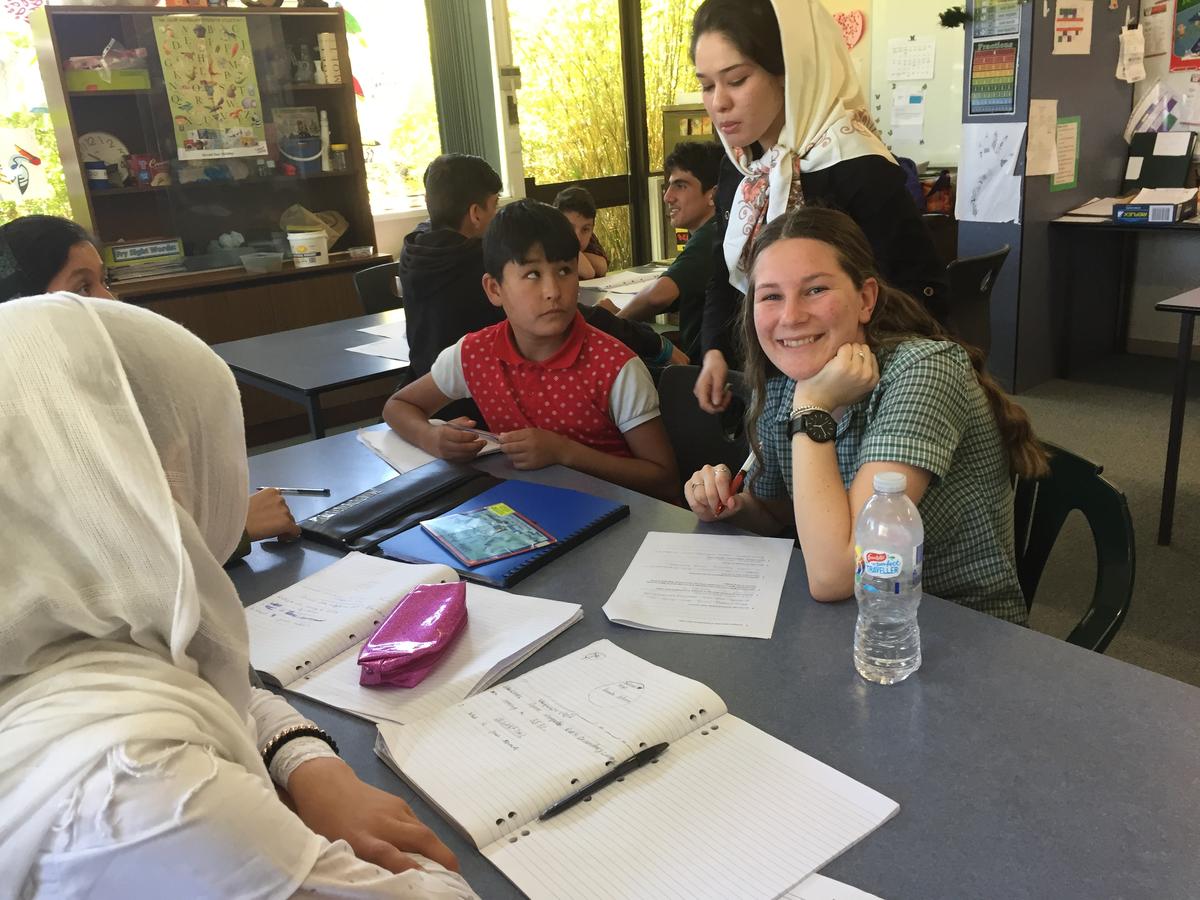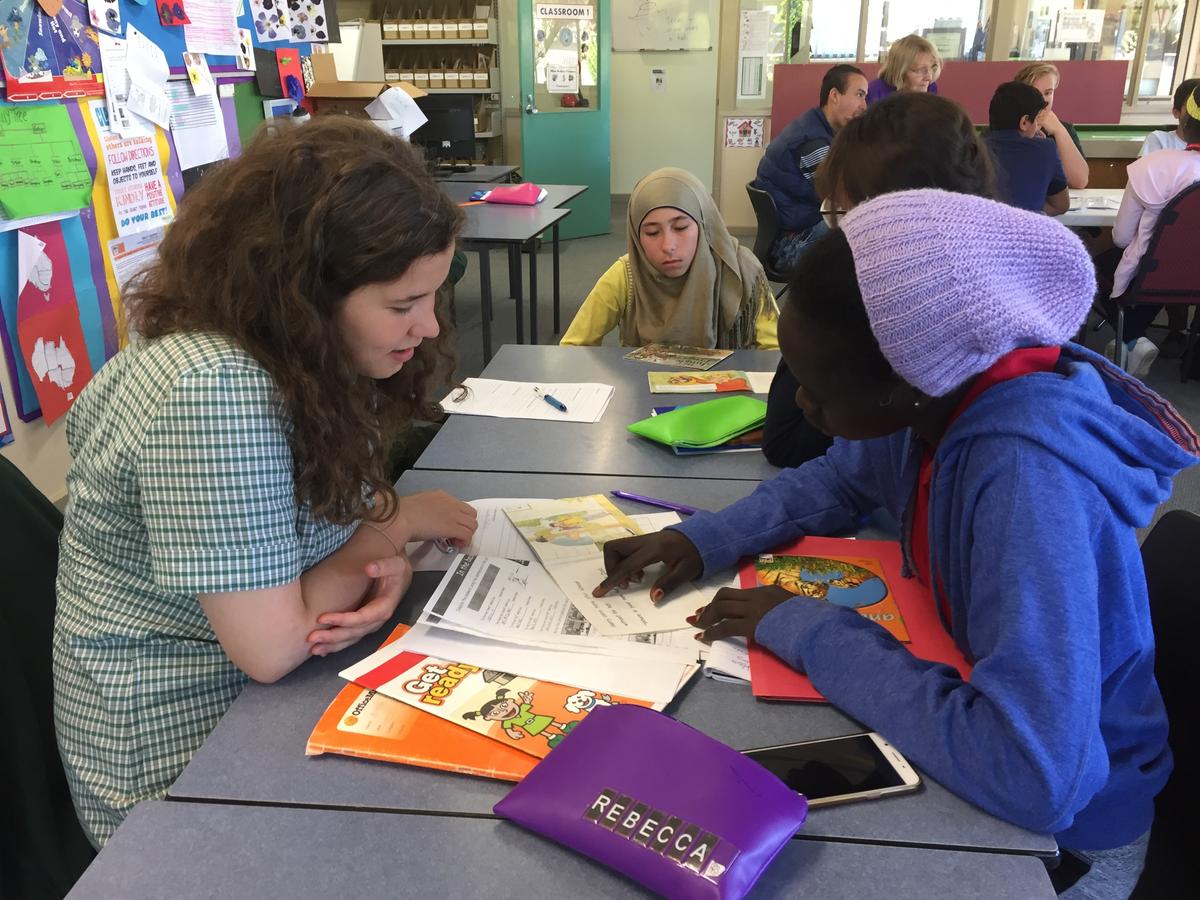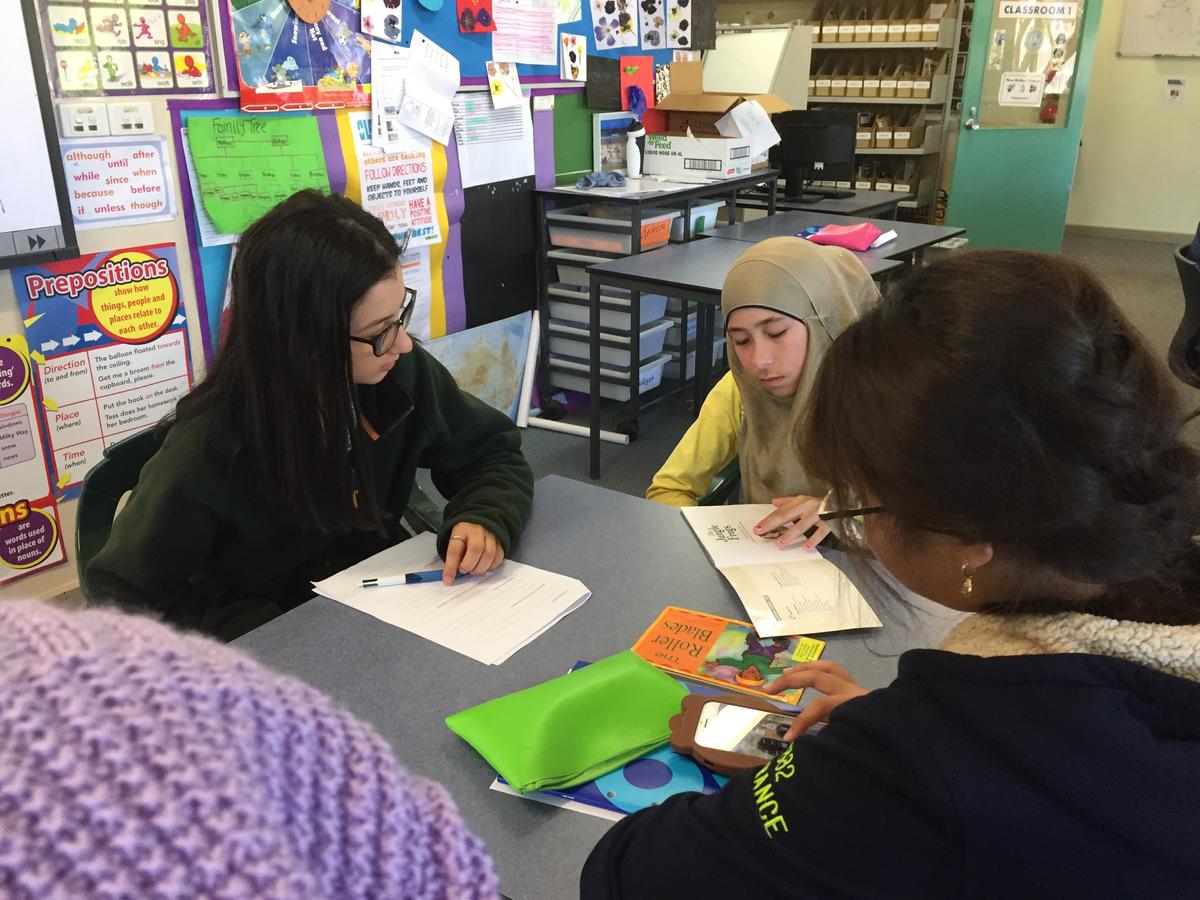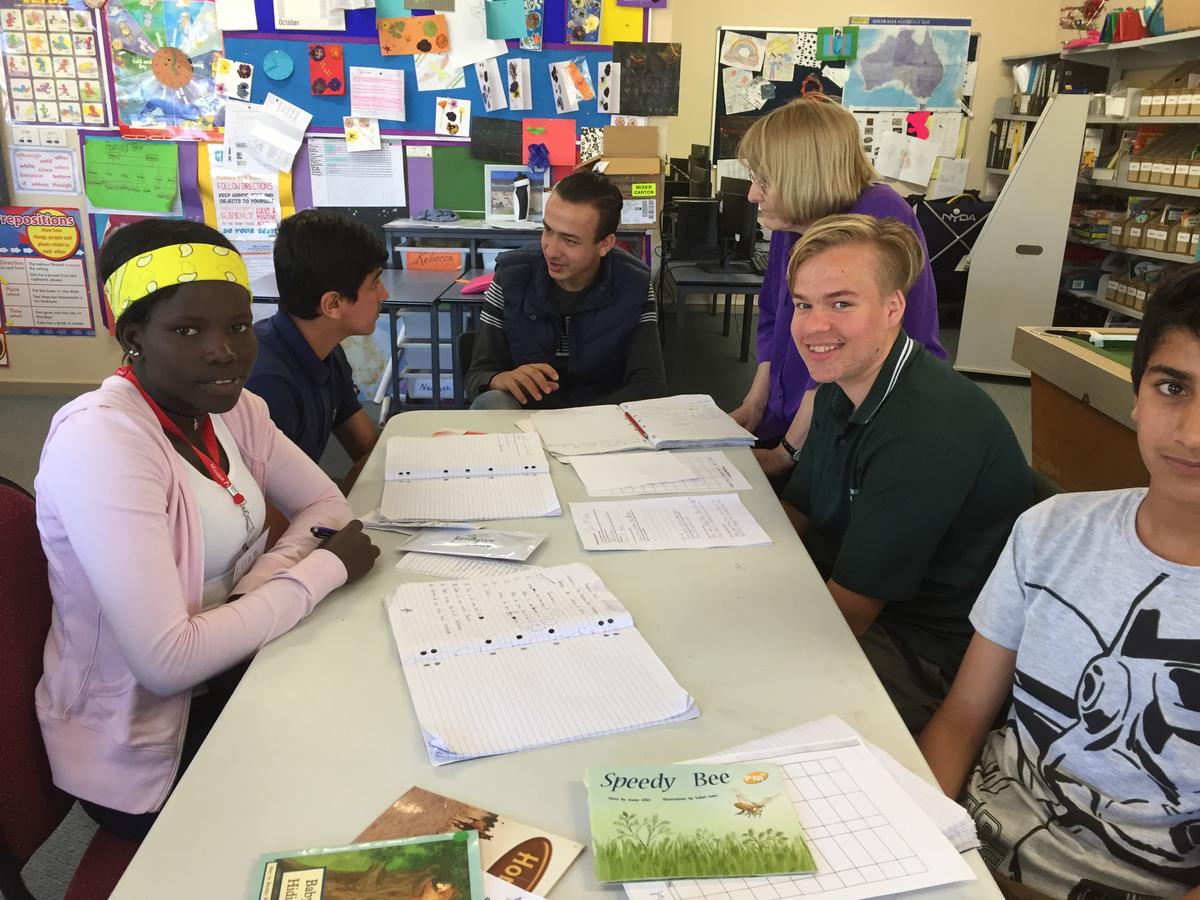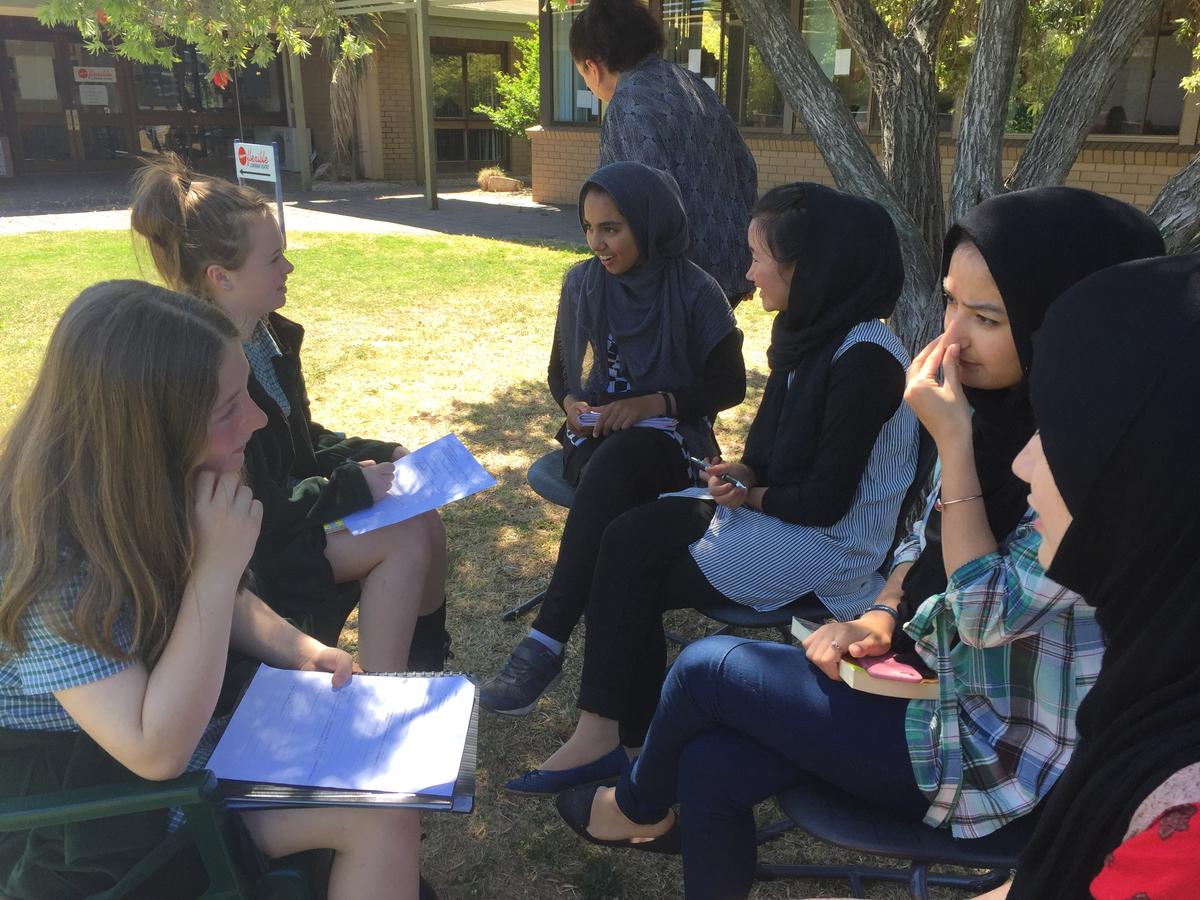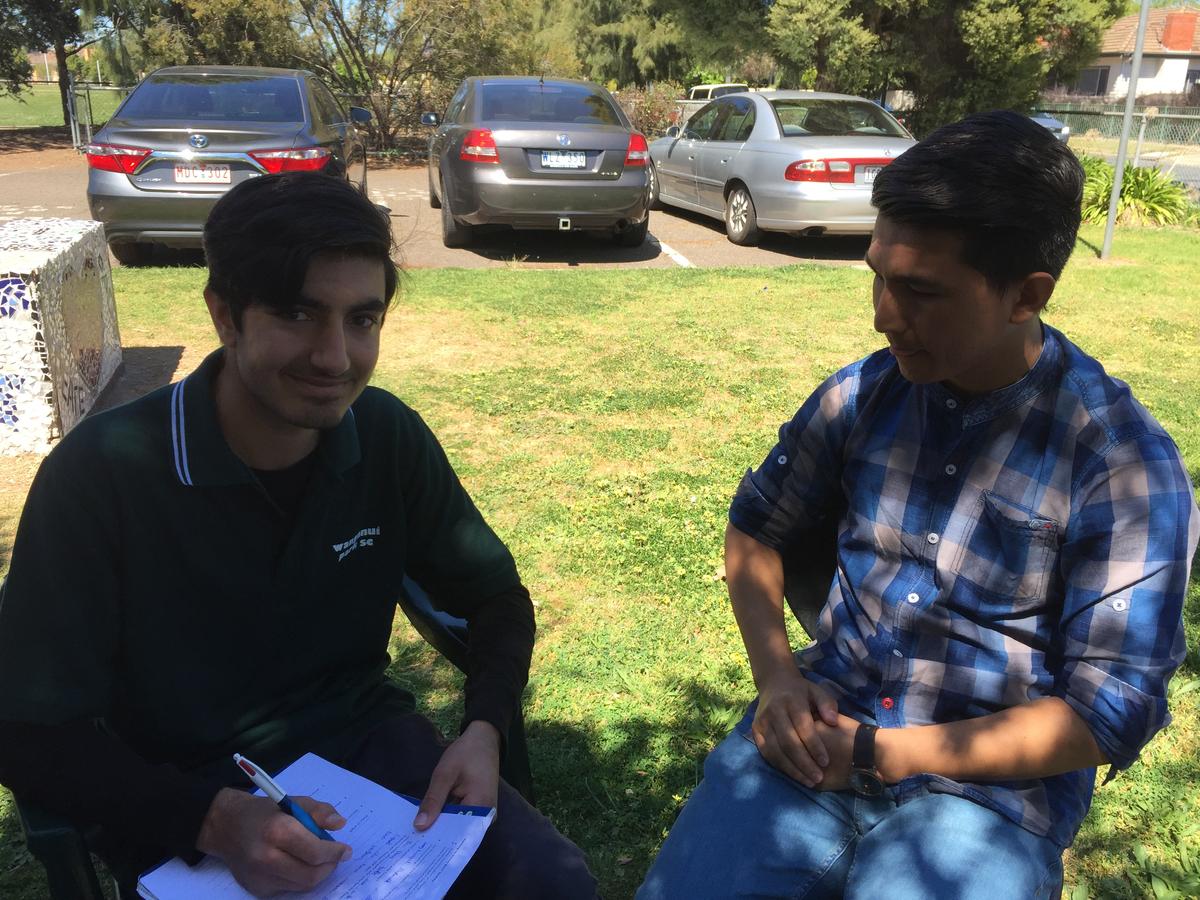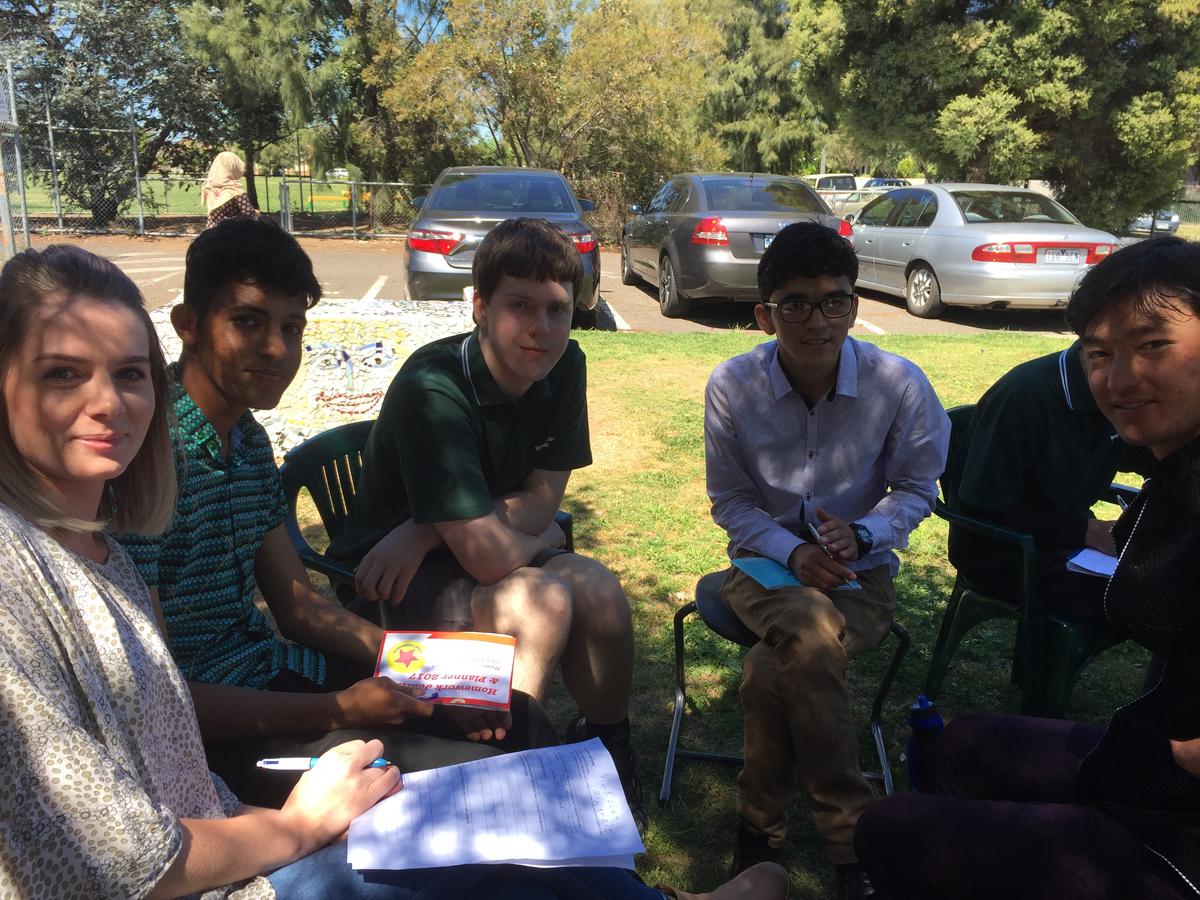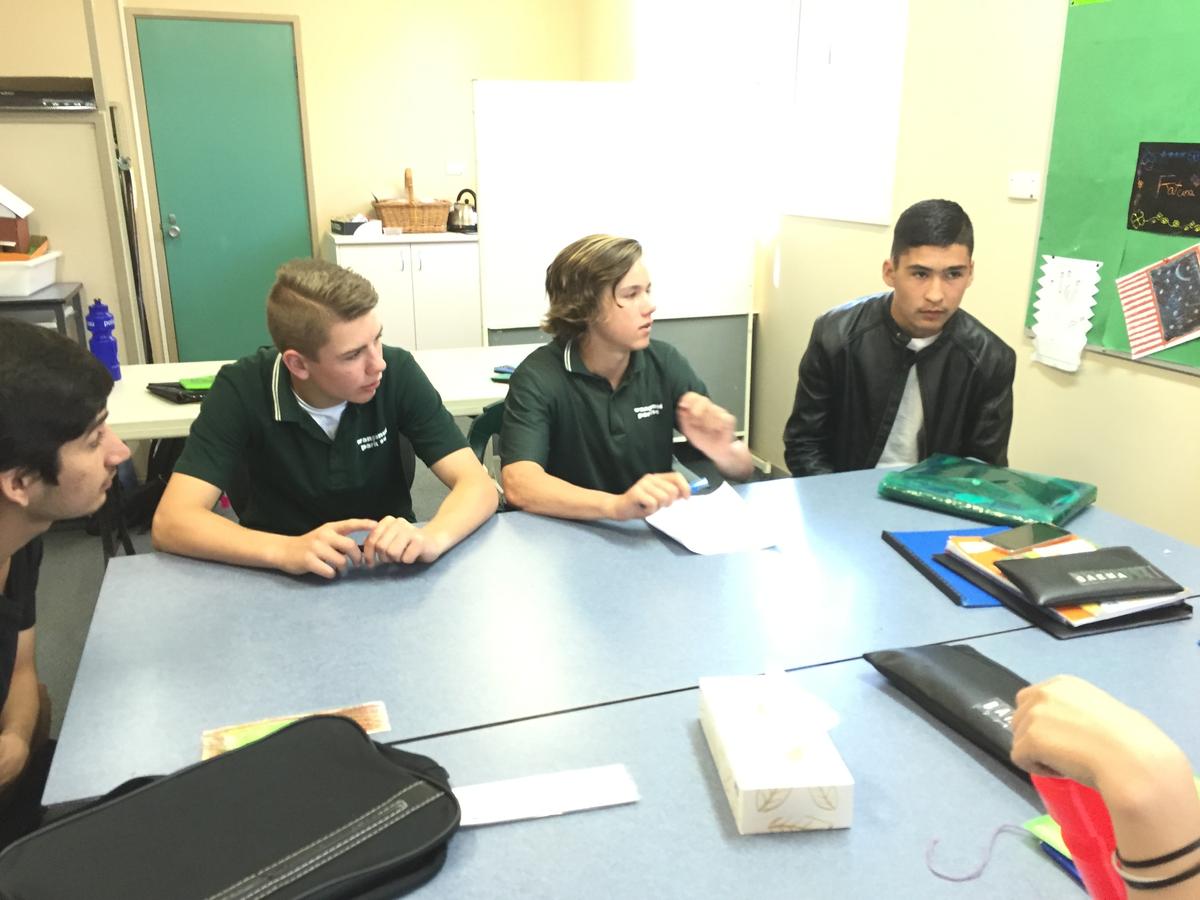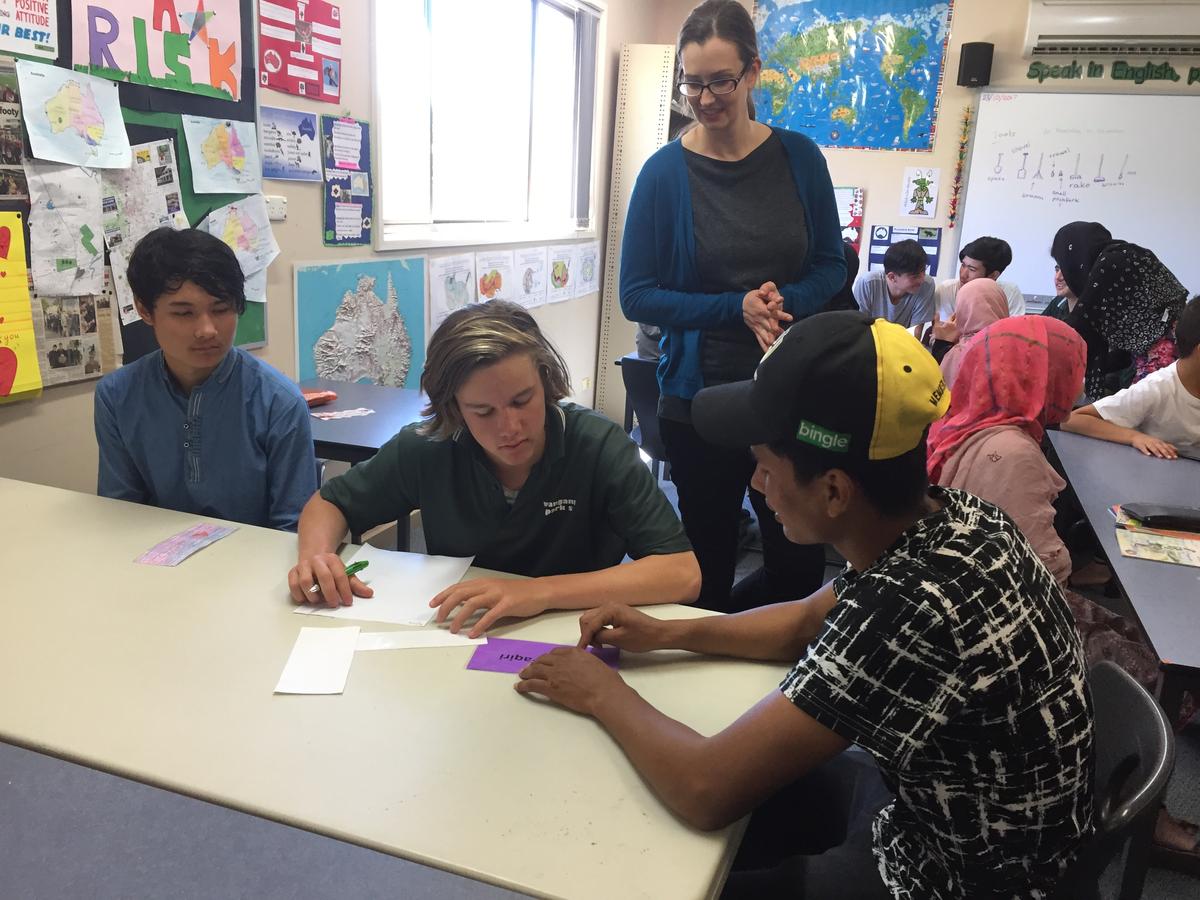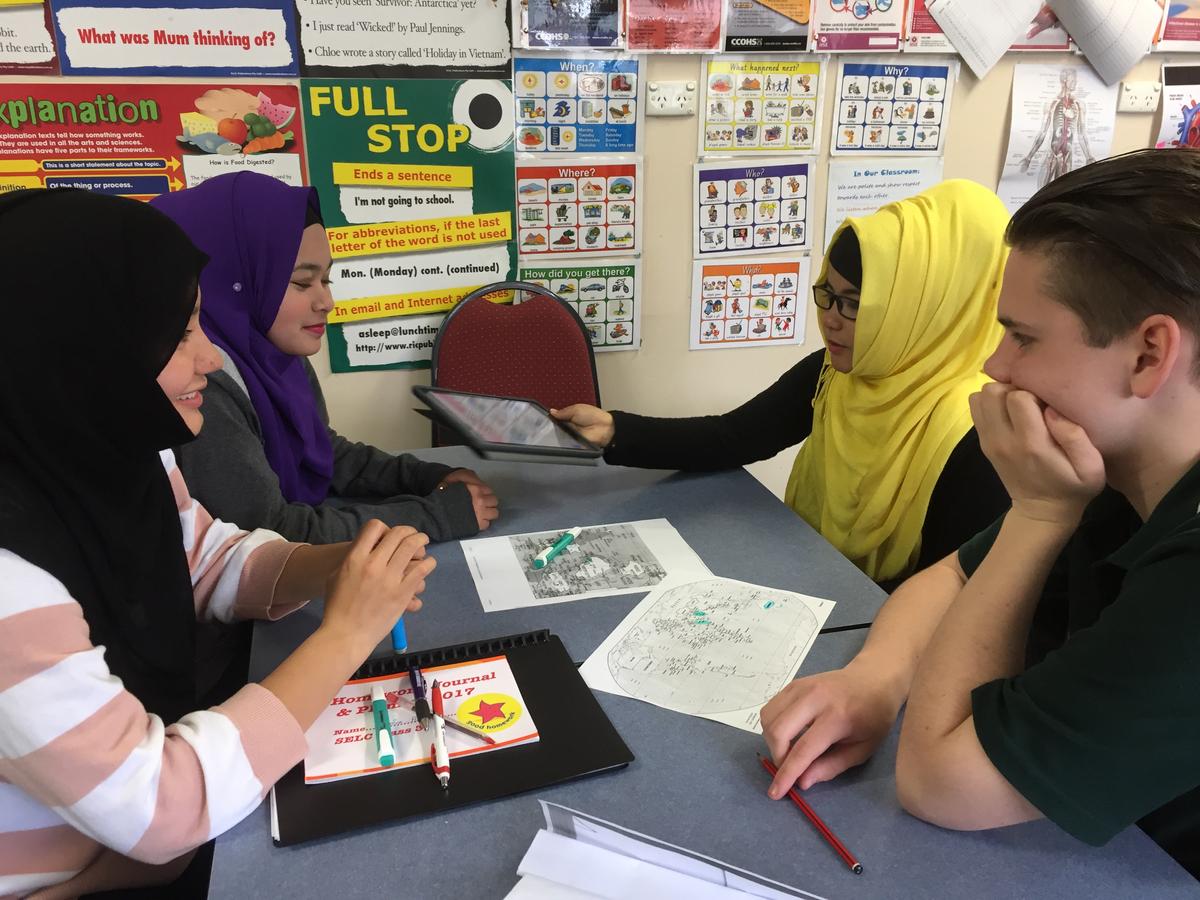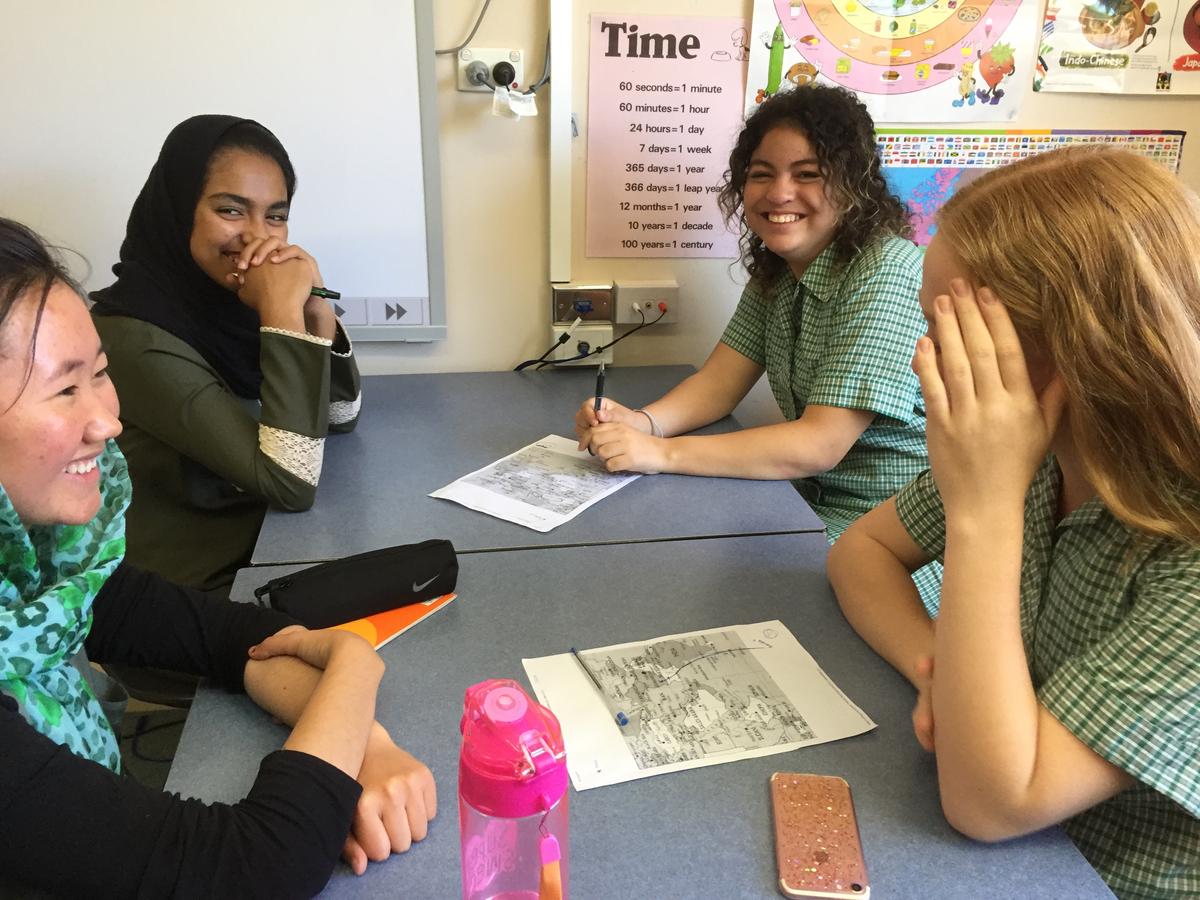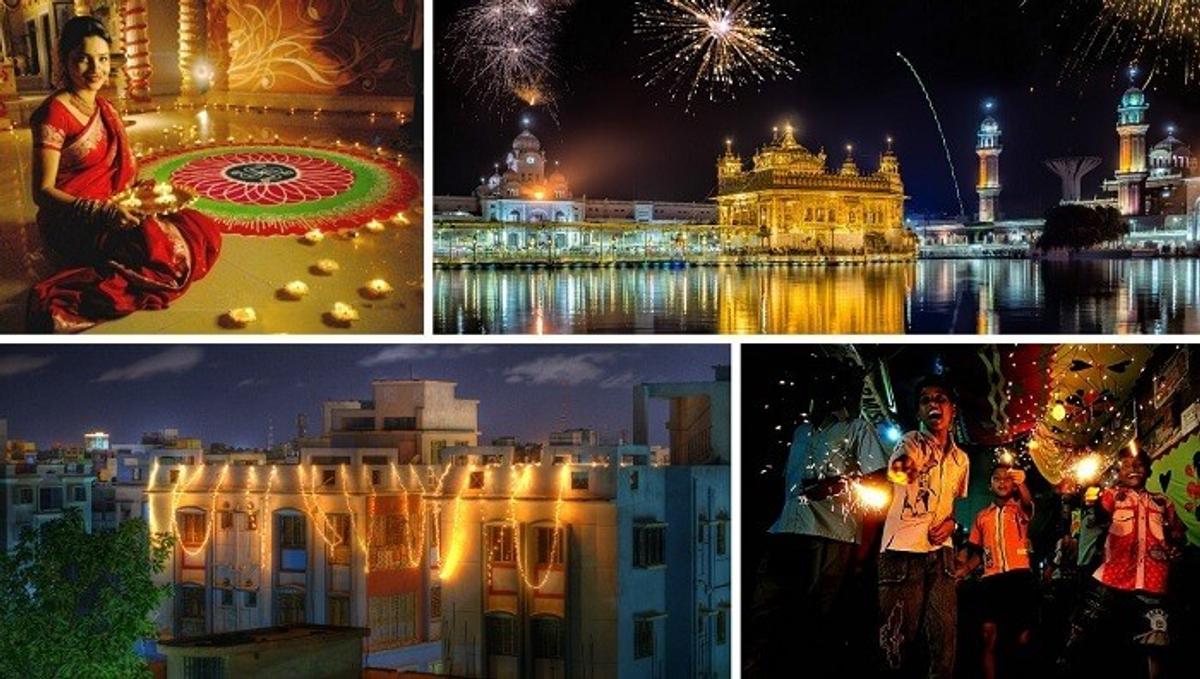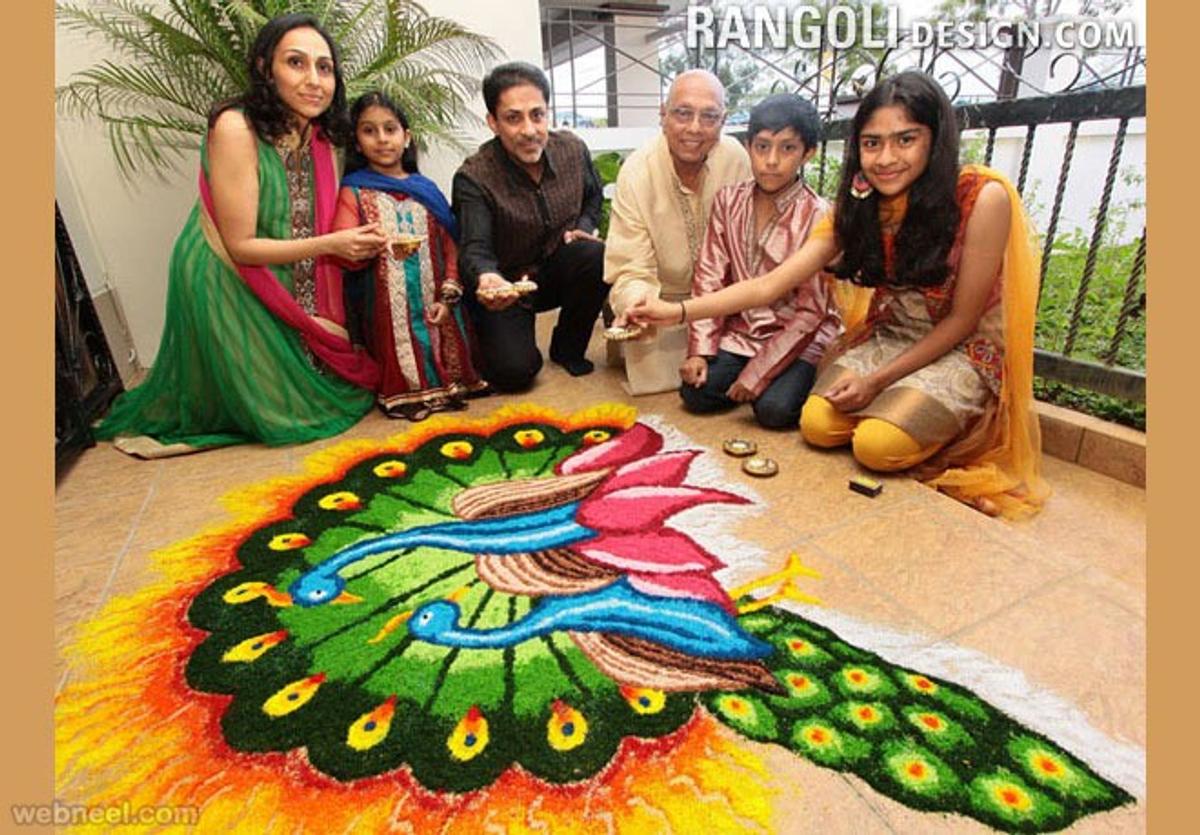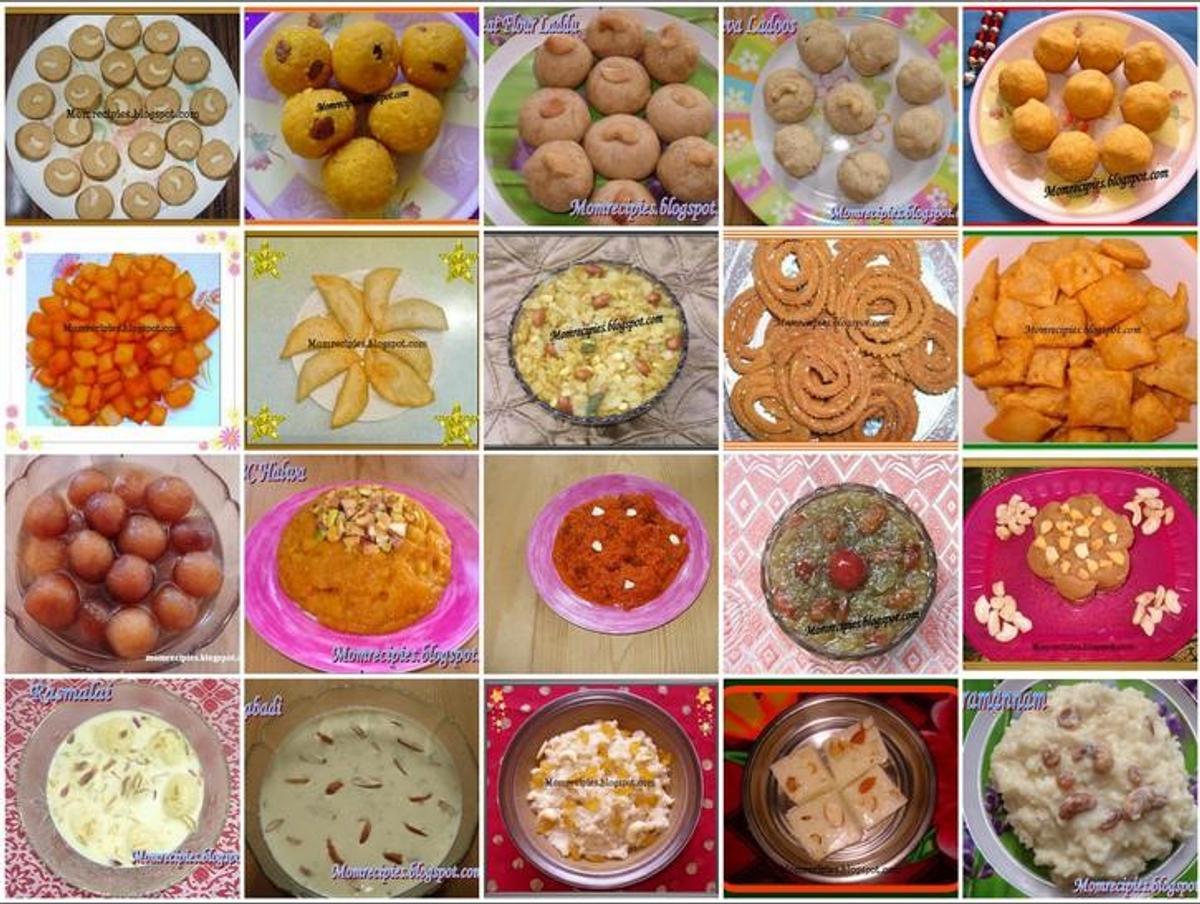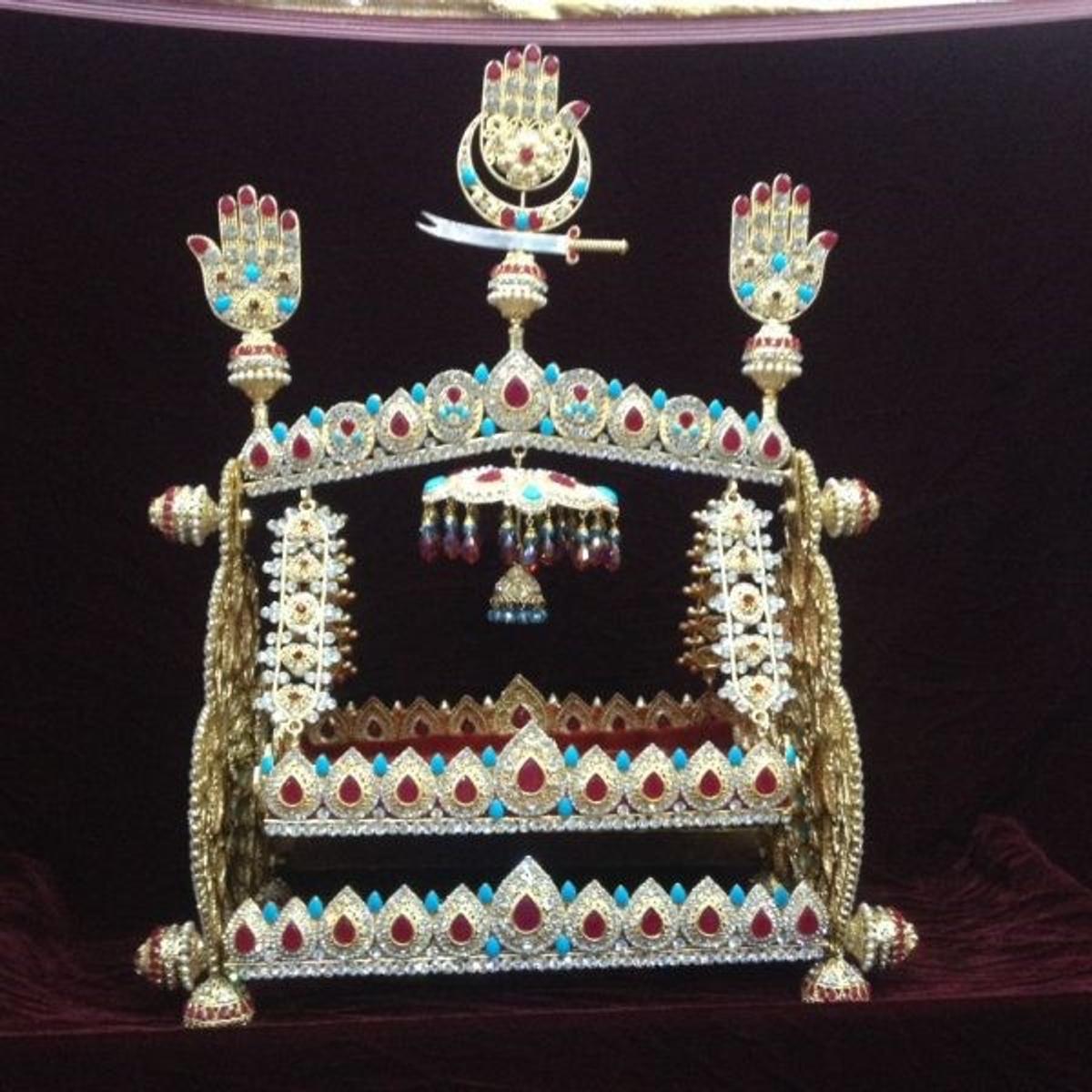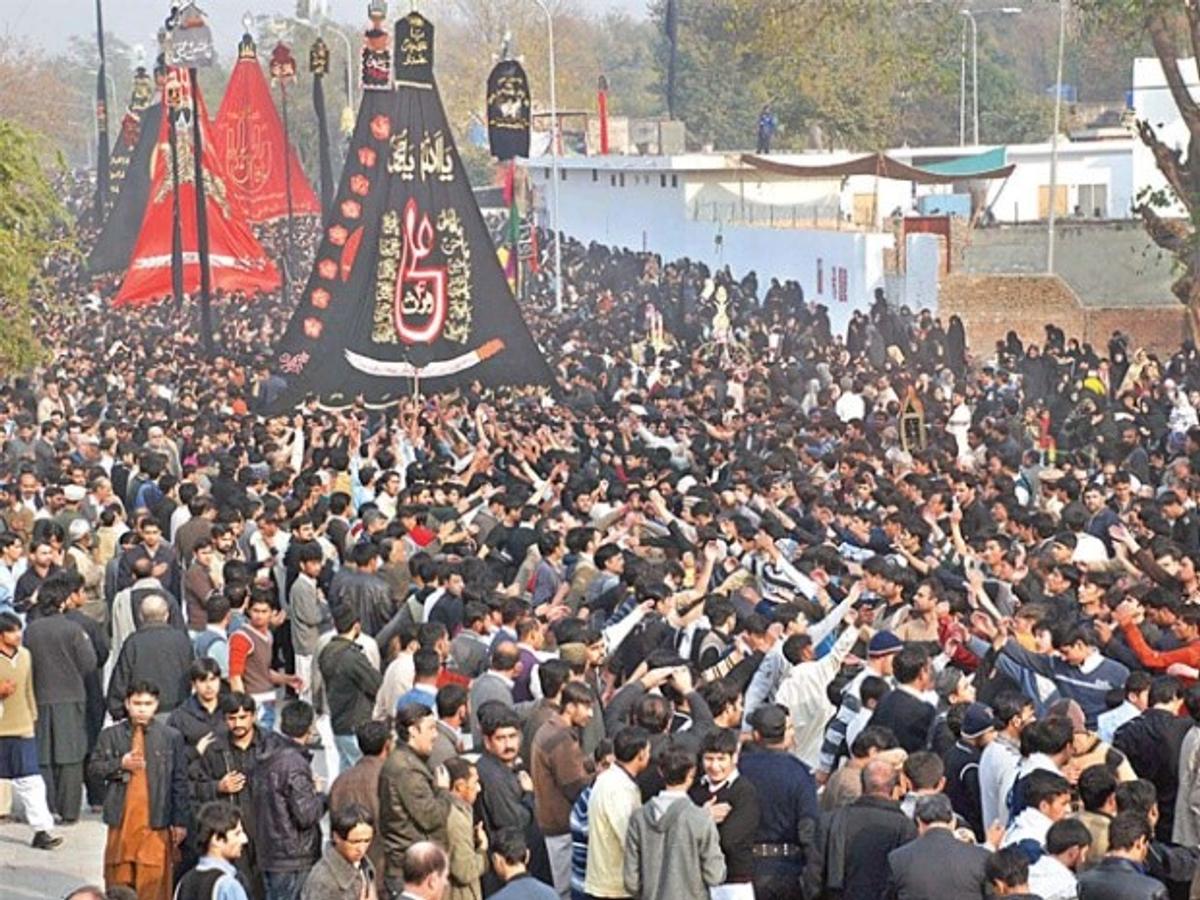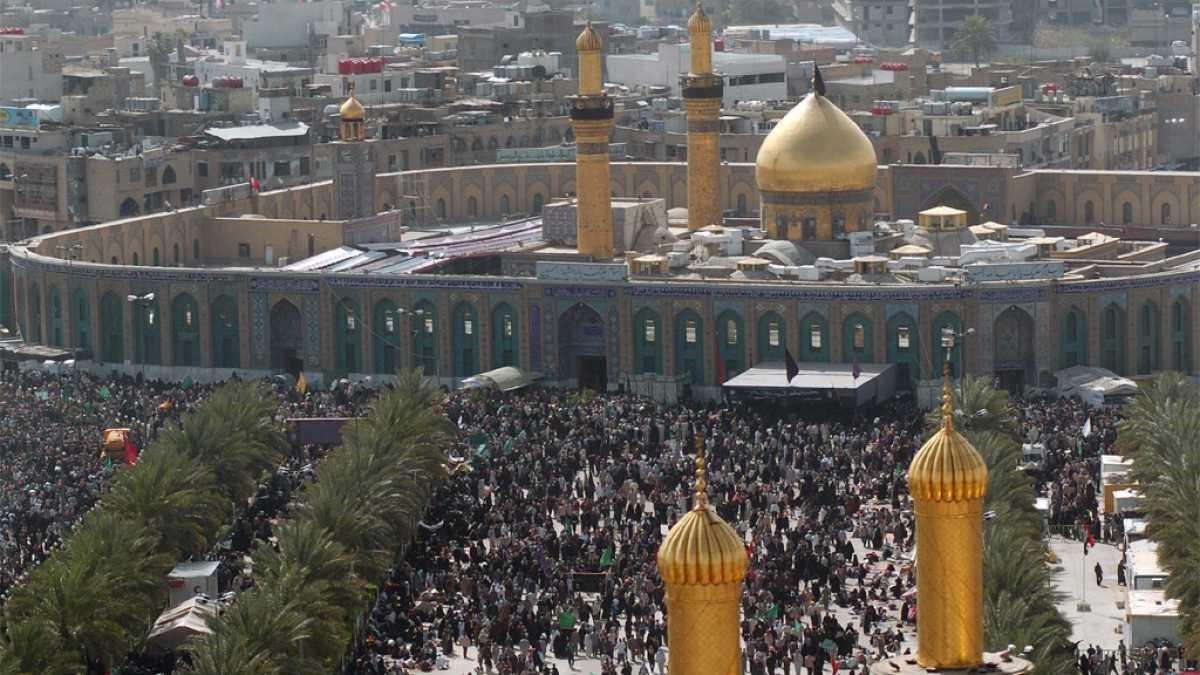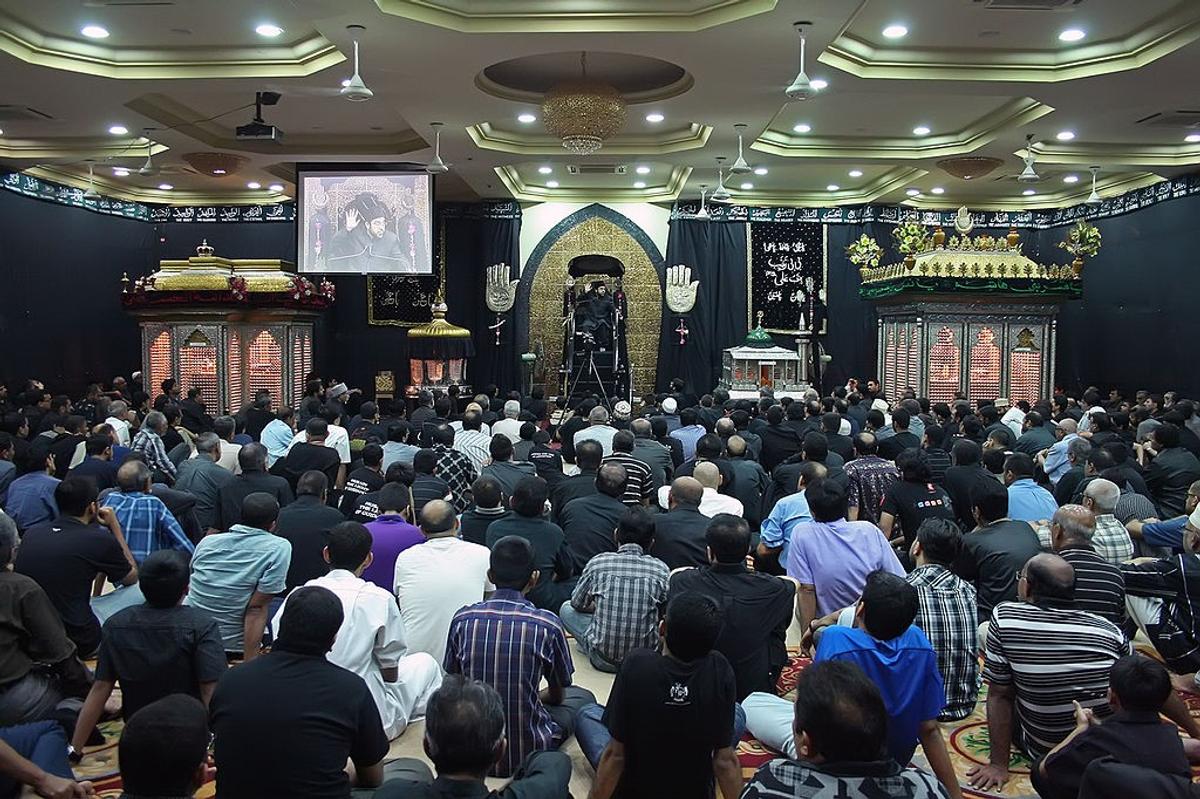English

Mrs HB’s Level 2 VMG class ‘People who are Different’
Wanganui Park students had the opportunity to visit the Shepparton English Language Centre, to meet students arriving from foreign countries and endeavouring to integrate into the community. Students from both schools share an openness to learn from each other, working together completing activities, as well as participating in outdoor sports games.
The interaction between students, assists SELC students with their transition into secondary school, while Wanganui Park students experience firsthand the difficulties SELC students endure. Overall, all students have the same goal, wanting to be accepted and fit in, so they can make friends, do their best and achieve.
EAl - Cultures
Recently, the Muslim community commemorated the death of Hussain Ibn Ali. This is similar to the Christian festival of Easter. And, the Hindi community celebrated Deepavali which is also known as ‘The Festival of Lights.’ The following reports, written by two of our EAL students, explain both events.
Deepavali
- Diwali is also known as Deepavali, Dipavali, Dewali, Deepawali or the Festival of lights.
- Deepavali or Diwali is the biggest and the brightest of all Hindu festivals. It is the festival of lights: deep means "light" and avali "a row," or "a row of lights." Diwali is marked by four days of celebration, which literally illuminates the country with its brilliance and dazzles all with its joy.
- Each of the four days in the festival of Diwali is separated by a different tradition. What remains true and constant is the celebration of life, its enjoyment, and a great sense of goodness.
- Almost every Hindu participates in the celebration and helps to make this festival take a shape of grandeur.
- It is celebrated on the 15th day of Kartika (October/November) in the Hindu calendar. Deepavali celebrations can last for about five days. The first day of Deepavali is on starting of the new moon.
- Diwali can be traced back to ancient India. It most likely began as an important harvest festival. Each day of Diwali has its own tale, legend, and myth to tell. The first day of the festival, Naraka Chaturdashi marks the vanquishing of the demon Naraka by Lord Krishna and his wife Satyabhama.
The term ‘Deepavali’ stands for row of lights or lamps. We have to clean house during Deepavali. The decorative pattern in front of the house entrance made using rice flour is called ‘Rangoli’ or ‘Kolam’. An oil bath is taken with coconut oil during the Deepavali celebrations. The oil bath ritual is practiced symbolically in order to remove all dirt and evil and those who do perform the oil bath will be blessed with prosperity and wealth.
Muharram
The name of the commemoration that we are researching is Muharram. Shia Muslims observe and respect Muharram as the month that martyred Hussain Ibn Ali, the grandson of Muhammad and son of Ali, in the battle of Karbala.
The first day of the year is observed on the first day of Muharram, the first month in the Islamic calendar. The first Islamic year begin in 622AD with the emigration of Prophet Muhammad from Mecca to Medina, known as the Hijra. A day in the Islamic calendar is defined as beginning at sunset. It is held to be the second holiest month, following Ramadan. The word "Muharram" means, "Forbidden".
Imam Hussain held the title of imam, meaning spiritual leader of Islam and he refused to swear allegiance to Yazid, the second Umayyad Caliph. He tried to travel from Medina to Kufa but was surrounded by forces loyal to yazid in the desert at a place now known as Karbala.
Imam Hussain’s followers were greatly outnumbered and dying of thirst, indeed his brother Abbas was killed trying to bring water back to the camp. On the 10 day of Muharram, Imam Hussain’s followers were massacred and their leader beheaded after declaring, “Death with dignity is better than life with humiliation”.
The commemoration of this brutal massacre begins on the first day of Muharram and continues for 40 days. During the first 10 days of Muharram millions of Shia (and Sunni) Muslims remember the massacre at Karbala and strive to feel some of Hussain’s pain. They 10 day of Muharram is known as ‘Ashura’ which recalls the day of the massacre in Karbala, a town in modern day Iraq which is second only to Mecca and Najaf as a spiritual beacon to the Shia.
The word Ashura means, 10 and the holiday is the tenth day of Muharram, the first month of the Islamic calendar. For Shia Muslims, those ten days are a period of mourning and remembrance, where they commemorate the death of Hussein Ibn Ali, the grandson of the Prophet Muhammad.
JHOOLA; KARBALA ROZA IMAM HUSSAIN A.S; JALOOS- re-enacting how Hussain Ibn Ali A.S. sacrificed his whole family for the right of people, and showing respect to Imam's whole family; MAJLIS
Mrs Dann’s ‘What’s So Funny?’ class
have spent some time learning how to write humourously. These are the limericks some of the class wrote about themselves:
There once was a young bloke named Sam
Who liked to eat lots of jam
He lived on a farm
He meant no harm
Until he hit and bit his lamb.
There was a young man named Jack
Who lived in an old scruffy shack
There were lots of bugs
All inside his mugs
Until he gave them all a smack.
Brodie was a funny young man,
Who really hated Mrs Dann
He did ‘What’s So Funny?’
Didn’t have any money
Although he had a really good plan.
There was a young boy called Chris
Who always wanted a kiss
He liked to drink beer
Which led to his fear
That he would never be filled with bliss.
There once was a boy named Dylan
Whose favourite thing was chillin’
He was in the pool
Being an absolute fool
While the steak was on the BBQ, grillin’.
There once was a young boy named Ahmed
Who always wanted to be fed
One day he got hit
And he got so fit
‘I am so awesome!’ he said.
There once was a young boy named Zach
Who carried his things on his back
His teacher asked, ‘Why?’
He started to cry
Then said he lived in a shack.
There was a lady called Wilow
Who liked sleeping on her pillow
took it when she travelled
was sad it unraveled
her pillow went up in a billow.
There was a young lady named Taylor
Who just happened to be a sailor
She liked to go to sleep
But her alarm went beep
So she put it under a trailer.
There once was a young girl named Maddy
Who was a great big fatty
She went to town
To get a crown
That lucky girl named Maddy
There once was a woman named Steph
Who happened to be a good chef
She had a co-partner
Who left as a gardener
‘cause Chef Stef said she was deaf.
There once was a girl named Simone
Who went to the bank for a loan
She went to the beach
To make a speech
And this time Simone did not moan.

